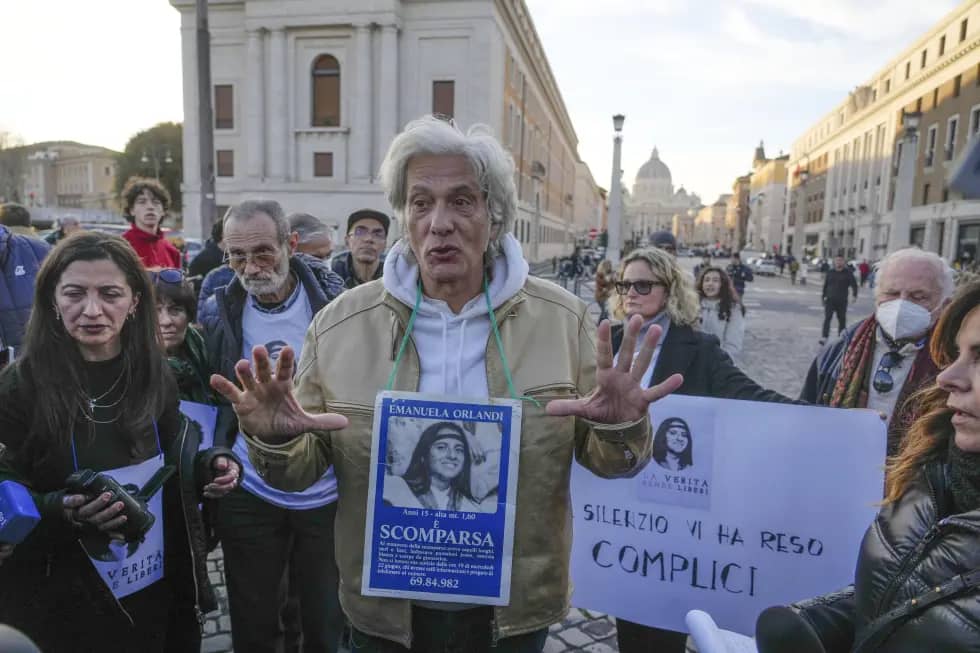Saying daily Mass last week to students at New York City’s Columbia University, priest Jonathan Morris did what he always does: preached about what’s going on in the world.
“I talked about their uncovering a terrorist plot to attack subways in New York and Paris. I talked about things that we cannot control and that we have to decide what we are going to do about them,” Morris said in a telephone interview.
“I can’t remember a time when I haven’t talked about or at least made mention of the big news stories of the day. I think we’re missing the mark if we’re not relating the gospel to what’s in people’s minds and what they’re confronting.”
Jonathan Morris is an unusual priest, not just because he’s become the celebrity go-to priest for Fox News, from Fox & Friends to Bill O’Reilly’s “The Factor.” And not just because his new book, “The Way of Serenity,” will debut this week at No. 5 on The New York Times bestseller advice list.
He’s unusual because so many priests’ sermons ignore what’s happening in the world. Too often they’re disconnected to the real-time cares and worries of the people sitting before them.
If you went to Mass Sunday, it’s likely you heard nothing about terrorist plots, ISIS, air strikes in Iraq and Syria, what Pope Francis thinks about them. Ditto the scary spread of the Ebola virus or the climate change summit at the UN warning that time is running out — and what Francis thinks about all that.
Count me among the Catholics who could’ve used some Sunday morning spiritual solace on coping with screeching headlines inescapable now, 24/7.
Two years ago, at the request of the bishop of Trenton, N.J., two scholars asked 300 non-churchgoing Catholics why they left the Church. At the start were answers you’d expect. First, the sex abuse crisis. (It took so long for most parishes to even acknowledge the sex abuse crisis, you’d think it all happened on the moon.) Second, the Church’s anti-gay stance.
But third? Dissatisfaction with priests, described with words like “arrogant,” “distant,” “aloof,” and “insensitive.”
And fourth? Uninspiring Sunday sermons, described as “boring,” “irrelevant,” and “poorly prepared.” In other words, the Mass — the main contact many Catholics have with their faith — was a big bust.
Then in September the Pew Research Center found that nearly half of Americans want churches, Catholic or otherwise, to express their views on social and political issues – up from 43 percent in 2010. That still means half of Americans want churches to keep out of politics. And it’s not clear what those in the pews want to hear: do conservatives want more preaching against abortion and immigration reform, while liberals want more social justice talk?
Pope Francis, meanwhile, knows well the problem. In “The Joy of the Gospel,” he devotes a full 12 pages to improving sermons. Apparently he’s endured too many bad ones himself.
Unfortunately for lapsed and lukewarm and even faithful Catholics, Francis is not preaching at a parish nearby. And when there’s poor preaching combined with poor music, the sacred sense of mystery at Mass is gone. So is the inspiration.
In fairness, there’s good preaching out there if you look hard enough. I’ve heard great preaching from nuns. But of course that was on the sly. Nuns giving homilies is against the man-made rules which obsess much of the hierarchy. At my own Boston College parish, the Jesuits excel. The pews are packed. Newly ordained priest Peter Folan keyed into the free-floating unease many of us have felt for days now. “We have far too many crosses, far too much darkness, before us,” he said in a September sermon, referencing not just the gruesome ISIS but also Israel and Gaza, Ukraine and Russia, Ferguson, Missouri, and even the NFL’s domestic violence mess. It matters when a priest acknowledges the overload of worldwide suffering, then reminds us that light always emerges from the darkness.
At Columbia last week, Jonathon Morris anticipated his students’ worry about plots against city subways, and related that to the day’s gospel about King Herod. Herod had already beheaded the imprisoned John The Baptist. Now along came word of yet another new rabbi, one called “Elijah” or the Messiah, one more troublemaker who’d stir up the masses, threaten his reign and control. Now Herod would have to put an end to this Jesus character, too.
Morris told his students that they could either live like Herod, in fear, trying to control what they can never control. Or they could decide what they are living for, and live with courage.
“If I am living for the kingdom of God,” he said, “doing his will and carrying out his purpose in my life, then I can rest in the confidence that all the important things in life will be OK, no matter what.”

















